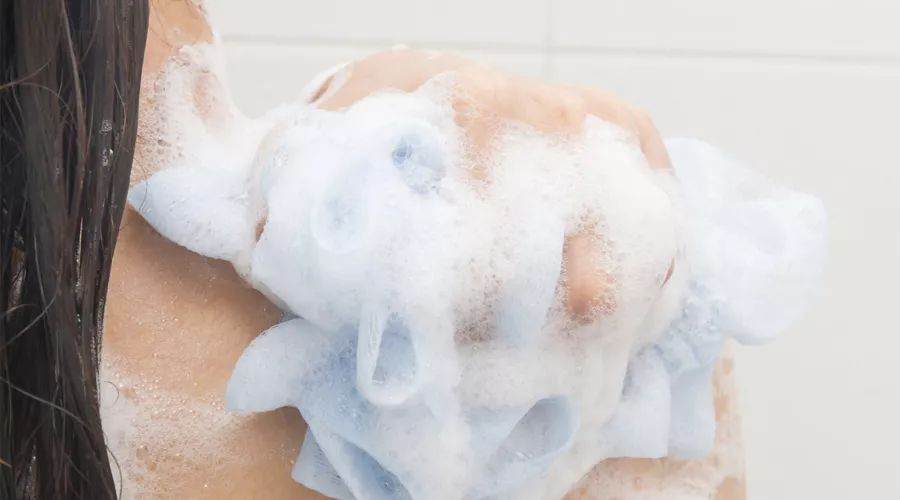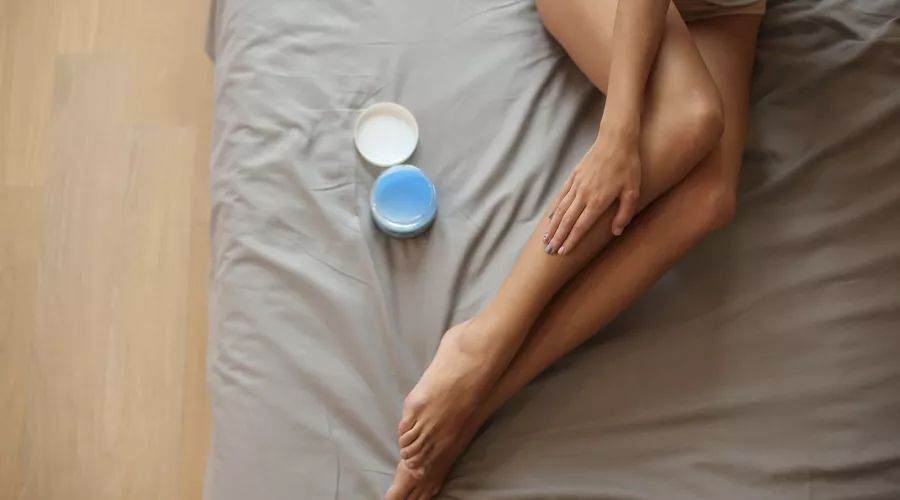Every year when the temperature rises in spring and summer, the office is basically divided into three camps:
Grazing camp
When I returned to my seat after eating the super-large takeout, my 88-kilogram little sister opened the grass in the carton!

Source: giphy.com
Fitness camp
There is always a group of people who disappear collectively at a certain point in time and will reply to the message in about half an hour: What’s the matter, they are just exercising.

Source: giphy.com
Sensitive camp
The first sentence when I arrived at the company in the morning: I am allergic again. Alas, what dare not wipe it.

Source: giphy.com
From winter to spring, the temperature and humidity have changed, coupled with sun exposure, pollen and other stimulating factors, skin is prone to red swelling, peeling, allergy, red blood streak and other problems.
Join the grazing and fitness camps for more refinement, but these skin problems may become a stumbling block to your refinement.
However, some of these people are not really allergic, but their skin is sensitive and easy to turn red, which is what we often call [sensitive muscles].
If you want to know if your skin is sensitive, you can first ask yourself if it is:
- Cold place suddenly to hot place, face is easy to red, red blood streak is obvious easy to red rash, peeling, itching gently scratch easy to leave red mark
If you match most of them, you are likely to be a sensitive muscle.
Don’t focus only on your face.
If you often feel that your skin is dry and rough, and even there will be red rashes, peeling, tingling and itching. Then your body skin is probably sensitive muscle.

Sensitive muscles are not necessarily innate
There is a layer of natural barrier on the skin surface. The barrier function varies from person to person. Some people are inherently weak, but it may also be caused by improper washing and protection.
Most of us take a bath every day or every other day, and use bath products every time we take a bath.
Some bath products will add a lot of soap-based ingredients for short-term cleaning effect. The accumulated use of these strong cleaning bath products may lead to gradual damage to the skin barrier.
If your skin is already sensitive, you’d better pay attention to the ingredients when choosing bath products:
Artificial spices: The less the better, no one can say which spice will stimulate you.
High concentration alcohol: Excessive alcohol content is easy to irritate skin and damage skin barrier.
Fruit acid, salicylic acid: exfoliated products, sensitive muscles with weak stratum corneum are not recommended.

Of course, remember to be gentle with yourself. If we rub with towels and sponge balls repeatedly or exfoliate frequently when taking a bath, it is also easy to destroy this barrier.
Response to Body Sensitive Muscles in Spring and Summer
Do these three things
Choose mild bath products
Mild bath products require a pH value of 4.5 ~ 6.5, which is weakly acidic and does not contain irritant substances such as essence.
Products containing soap bases should be avoided for more sensitive skin.
For example, soap and soap, because their detergency is too strong, will damage the sebum membrane on the skin surface, increase the pH value of the skin and cause irritation to the skin.
Be gentle with yourself
Take a gentle bath, you can do so.
Wash your hands and moisten your body with warm water (36 ~ 37 ℃).
The bath product is rubbed with water to form foam, which is first applied to the oily parts such as the chest and back, and then gently circled with the palm to massage the whole body.
After rinsing, gently press with towel to absorb the water dry and apply moisturizing products.
Under normal circumstances, it is enough to take a bath every 2-3 days, and the bathing time should be controlled at about 10 minutes.
In hot summer or sports enthusiasts can take a bath every day, and the time should be controlled at about 5-10 minutes, and shower is more recommended.

In the meantime, it is necessary toMoisturize the body’s skin
After bathing, you should pat your skin with a towel to absorb some moisture, and immediately use moisturizing products, such as body milk, when your skin is slightly wet.
The American Academy of Dermatology (AAD) recommends applying moisturizing products within 3 minutes after bathing.
Choose a mild moisturizing product and smear it on the skin surface to form a thin layer of oil film, which can prevent the evaporation and loss of water.
The moisturizing time of lotion and milk is about 2 ~ 4 hours.
Cream is a product with high oil content and long moisturizing time, about 4 ~ 6 hours.
For dry or sensitive skin, it is necessary to rub it in time according to the action time of moisturizing products.
During the sensitive period, depending on the skin condition, it needs to be smeared many times a day, up to 4 ~ 6 times. At the same time, it needs to be smeared in sufficient amount to maintain the skin’s lubrication and reduce its own water loss.
But moisturizing the body’s skin is not just as simple as wiping body milk after taking a bath.
When cleaning, if a bath product is added with humectant and emollient, it can moisten the skin while cleaning the skin, thus reducing skin sensitivity to a certain extent.
Whether it is sensitive and dry skin or skin currently in a healthy state, it is recommended to choose a mild and moisturizing bath product.

This article has been examined by dermatologist Zeng Xiangru.
Source of cover photo: www.hizy.net Genuine Photo Library
Editor: Zhu Zhu
